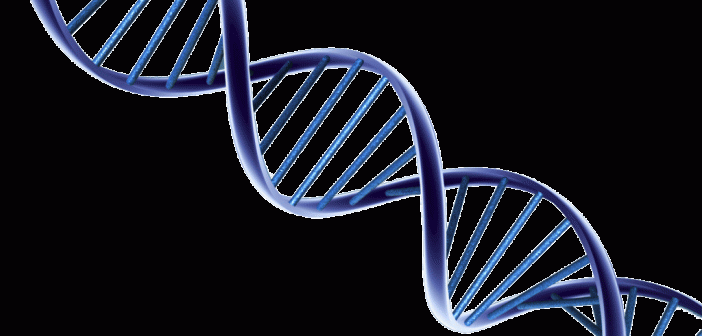Cell-free DNA is extracellular DNA or genetic material that circulates in the blood plasma of an individual. Blood plasma makes up roughly 55% of our blood and is responsible for carrying nutrients, cells and enzymes throughout our bodies.
When cell-free DNA is detected in the blood plasma of a pregnant woman, and the DNA belongs to a growing fetus, these cells are referred to as cell-free fetal DNA.
Where Does This DNA Come From?
Cell-free DNA released by the fetus originates from cells called trophoblasts. Trophoblasts are cells that make up the placenta. Therefore, the cell-free DNA that is circulating in the mother’s blood is actually placental DNA.
As a fetus grows, an increasing amount of cells will be released into the mother’s bloodstream. After week 10 in pregnancy, approximately 3-13% of the cell-free DNA in the mother’s blood plasma is of fetal origin.
Prenatal Testing Using Cell-Free DNA
Cell-free fetal DNA can be analyzed using noninvasive prenatal testing. The results of this test allow physicians to analyze the risk that a baby will be born with chromosomal abnormalities. The noninvasive nature of this test is free from the risks associated with more invasive prenatal procedures.
The most common chromosomal abnormalities that are detected using noninvasive prenatal testing include Down syndrome, Edwards’ syndrome and Patau syndrome. These chromosomal disorders are trisomies, meaning that the affected individual has an extra copy of a specific chromosome. Usually, individuals will have 2 of each chromosome, for a total of 46. When an extra copy of a chromosome is present, the total number increases to 47. Each of these disorders is associated with a different chromosome.
Most Common Trisomy Disorders
Down syndrome is the most common genetic disorder in newborn babies. The disorder is the result of an extra copy of chromosome 21. Individuals with Down syndrome vary in the severity of their symptoms, such as cognitive delay. Physical characteristics of individuals with Down syndrome include poor muscle tone, excessive skin at the back of the neck and upward slanting eyes. Most individuals with Down syndrome are able to participate in some type of physical activity for exercise and are able to significantly develop their speech abilities.
Babies diagnosed with Edwards’ syndrome have an additional copy of chromosome 18. Edwards’ syndrome is characterized by an abnormally small head, jaw and mouth, cleft lip or palate and overlapping fingers. Babies with Edwards’ syndrome typically have problems involving the heart, a curvature of the spine and difficulties breathing. In many cases, Edwards’ syndrome results in miscarriage or stillbirth.
Babies with Patau syndrome have an extra chromosome 13. Common symptoms associated with Patau syndrome include spinal cord and brain abnormalities, heart defects, cleft lip and weak muscle tone. Due to the severity of life-threatening symptoms, babies born with Patau syndrome typically only survive for a few days or weeks.
Why Would I Be Offered Prenatal Testing?
Cell-free fetal trisomy testing is offered to women that are identified as having an increased chance of having a baby with a chromosomal abnormality. These indicators include:
- Advanced maternal age (35 or older)
- Previous birth to a premature baby, or a baby with gestational diabetes, preeclampsia, or other birth defects
- Family history of chromosomal abnormalities
- Medical condition like diabetes, high blood pressure, a seizure disorder, gestational diabetes, or an autoimmune disorder
- Previous miscarriage or stillbirth
Speak With Your Doctor or Genetic Counselor
Your doctor or genetic counselor can help you further understand cell-free fetal DNA and how it relates to prenatal testing. Additionally, if your baby is at risk of being born with a chromosomal disorder, your genetic counselor will be able to address any additional questions or concerns you may have.




